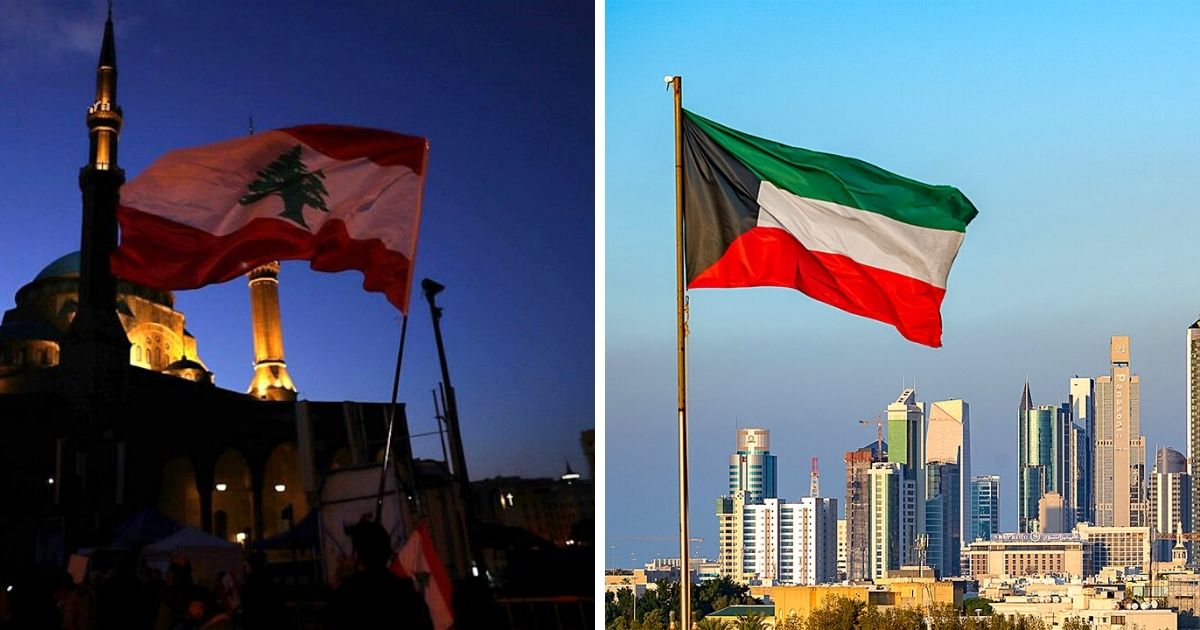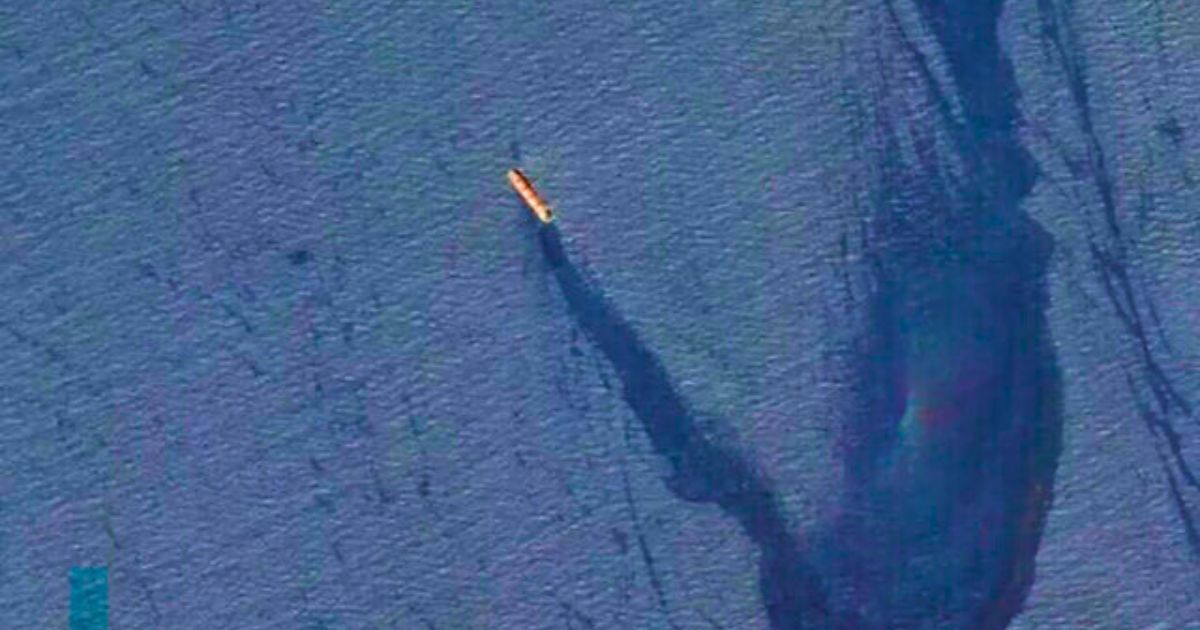Lebanon presented on Sunday its response to the initiative led by Kuwait and Arab Gulf states to end the ongoing rift between them.
The relations between Lebanon and the Arab Gulf states are at their lowest in years, further impacting the Lebanese economic crisis.
The rift was triggered by previous public comments that ex-Minister of Information Georges Kordahi had issued about the war in Yemen and the Gulf States’ involvement in it.
The diplomatic drift led to the expel of several Lebanese ambassadors in the Gulf region and ban all Lebanese imports, affecting hundreds of businesses in Lebanon, notably the agriculture sector.
The Kuwaiti Foreign Minister, Sheikh Ahmad Nasser Al-Sabah, visited Beirut this month to present a set of suggestions aimed at ending the rift with the Gulf states.
The suggestions included stopping drug smuggling out of Lebanon and into Arab Gulf countries, and the ceasing of interference in their internal affairs, notably curbing Hezbollah’s involvement in other Arab countries, especially Yemen.
They call for the implementation of the 1559 Resolution adopted in 2004 that calls for the disarmament of non-state militias in Lebanon, which means at this point the disarmament of Hezbollah.
On Saturday, the Lebanese Foreign Minister Abdallah Bou Habib visited Kuwait to deliver Lebanon’s answers.
The Lebanese letter expressed that Lebanon will respect the Gulf region by ensuring “civil peace and national stability” and also added that Lebanon “will not be a launchpad for activities that violate Arab countries.”
The end of the quarrel between Lebanon and the Gulf states will slowly but surely help the Lebanese economy that significantly relies on its exports to the Gulf region.
It will also come as a relief to the tens of thousands of Lebanese expats working in the Gulf to ensure that their families in Lebanon can live throughout the ongoing crippling recession.

















